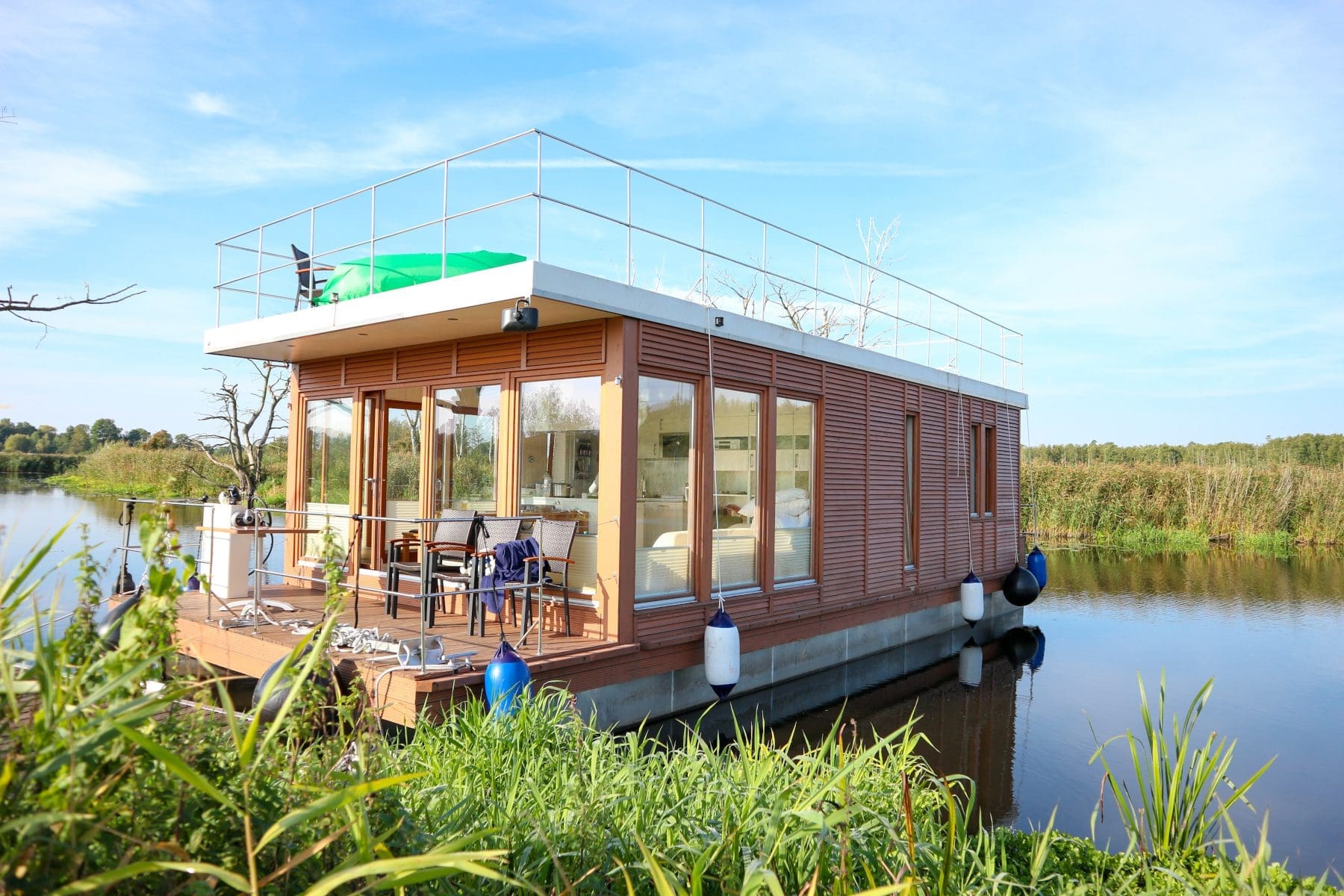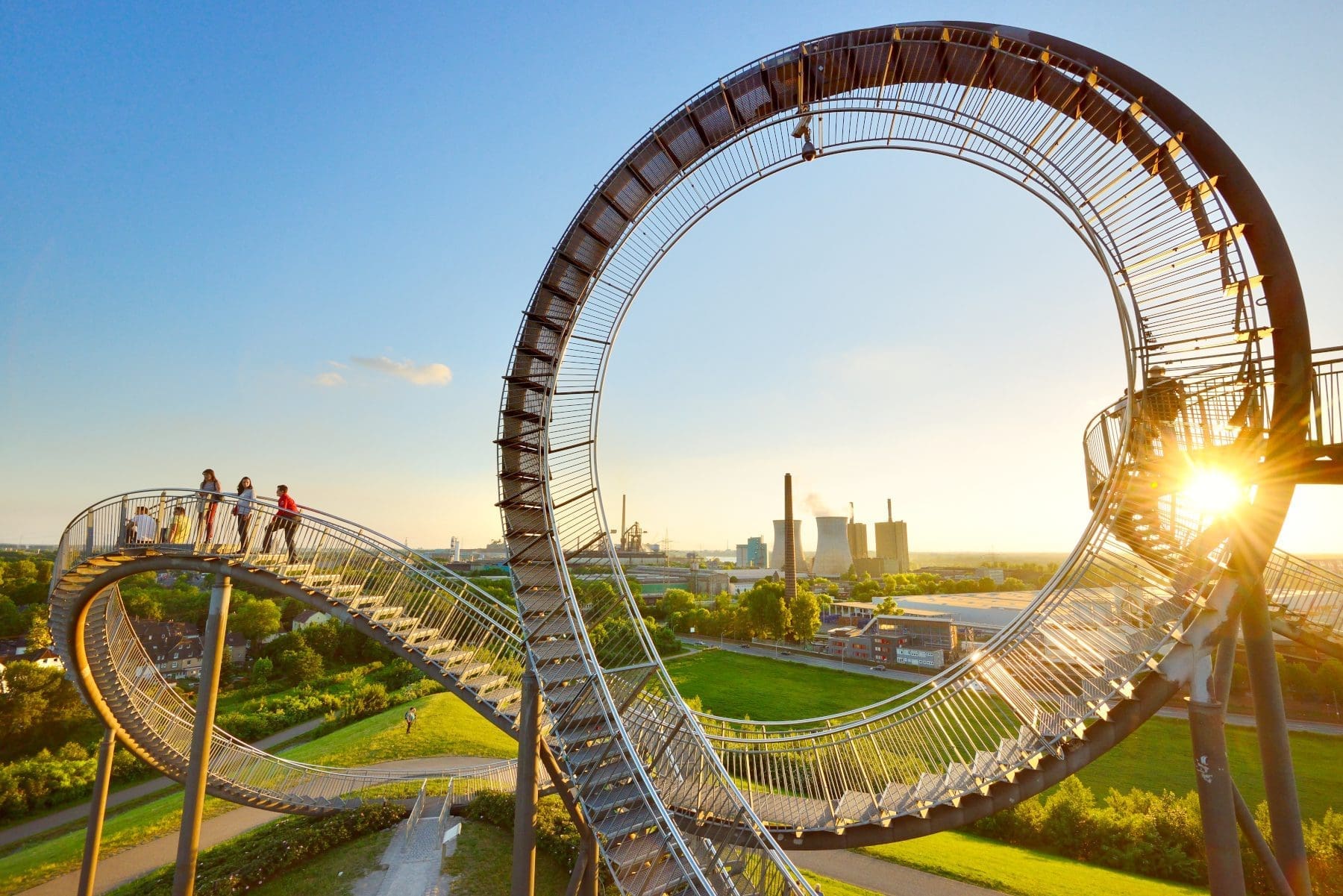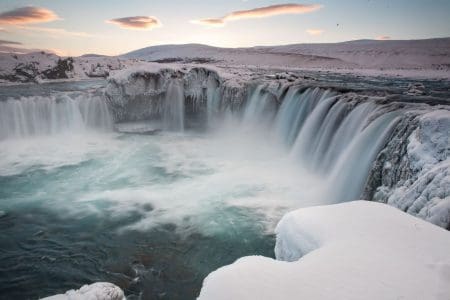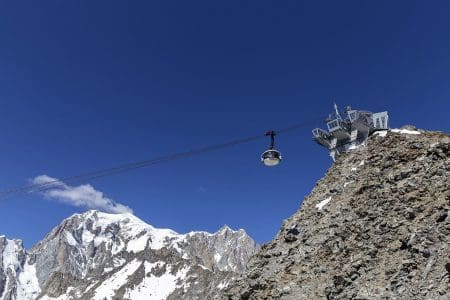The world environment day on 5 June 2022 is an international day for the environment, led by the UN Environment programme since 1974. It provides a global platform for governments, businesses and communities to drive positive change and environmental action. The aim is to raise awareness of the importance of sustainable behaviour and the lasting impact that every individual can have.
The tourism industry too is shifting its focus on responsible travel that benefits the traveller, as well as the destination. There is a clear trend that UK travellers are increasingly interested in sustainable holiday experiences, which has risen from 20% to 54% within the last decade.
For many years, sustainability has been a key element in the Germany National Tourism Board (GNTB)’s strategy to promote incoming tourism, a process that has been accelerated by the pandemic. Through its marketing campaign Feel Good, the GNTB aims to make travellers aware of Germany’s diverse offering of unspoilt natural landscapes, Green Cities and rural areas with an abundance of sustainable options.
In response to the changes in consumer behaviour, many businesses in Germany, including start-ups, SMEs, and major businesses, play an active role in the transformation of the travel industry.
The following are examples of stakeholders that have adopted sustainable strategies and started a variety of green initiatives.

Zero-Waste Restaurants
A growing number of restaurants are embracing a zero-waste policy that emphasises the reduction of food waste and the use of organic ingredients from local suppliers. Two of the early adopters are Germany’s first plant-based zero waste restaurants “FREA” in Berlin and “Gute Gesellschaft” in Hamburg. To assure quality and freshness, all dishes are cooked by hand; leftovers are composted, transformed into fertiliser, and returned to suppliers to complete the cycle. The restaurants not only ban single-use plastics but also encourage customers to bring their own takeaway containers to minimise packaging. The goal is to support local farmers, raise awareness of sustainable practices and inspire more restaurants to join the sustainable initiative.
Green Hotels – Focus on Zero Carbon
As the green transformation is gaining momentum across Germany, a growing number of hotels have pledged to reduce their environmental impact through more sustainable practices. For example, the “Atlantic Hotel Sail City” in Bremerhaven has already reduced its CO2 emissions by 38 percent since 2013. The hotel has its very own rooftop beehives that produce honey for the fully organic breakfast menu made up of locally grown products from nearby farmers. The BIO HOTELS Association is taking climate-neutral to the next level with 26 climate-positive hotels that offset more than their own CO2 emissions in addition to solely reducing their carbon footprint.
German islands are leading the way towards sustainable living Eco-friendly living is the ethos of Juist Island in the North of Germany. Cars are completely banned from the Island and horse-drawn carriages are the main mode of transportation for people, goods and even local services like waste collections. Because of the island’s small size, most residents walk or ride a bike to get around, which might explain the locals’ expertise in the art of slow and sustainable living. This is encouraged from a very young age, with local schools hosting a dedicated “Children’s University”, an interactive programme teaching children about sustainability and climate change.
Urban Gardening and Green Spaces
A variety of innovative community projects can be found all over Germany. From a Vegetable Garden in Bremen’s industrial harbour district to a dairy farm-turned community centre in the heart of Munich, they all share the goal of promoting and contributing to a sustainable future. Bremen’s “Vegetable Wharf” is a prime example of urban agriculture: a former car park has been converted into a 300 square metre garden where vegetables, fruit, herbs and hops are grown. In addition to supplying local restaurants, the wharf offers regular community workshops on sustainable eating. In the South of Germany, Munich is bursting with green movements: the “Stemmerhof”, a rustic farm, now houses an organic supermarket and a large green space. In the Olympic Park, locals host a variety of get-togethers, ranging from yoga and drawing courses to various sustainability workshops.
Nature reclaims former Industrial Sites

An ideal way to explore the Ruhr region is by following the Industrial heritage trail for an immersive way to learn about the region’s rich industrial heritage. A special highlight are the artificially created mountains called ‘spoil tips’ that can still be found across in the Ruhr region today. The Duisburg landscape park is one of the most popular natural and cultural landscapes in North Rhine-Westphalia with an average of one million visitors every year.
Another historic coal-mining site showcasing the evolution and decline of Germany’s industrial era is the Zollverein Essen. Today the UNESCO World Heritage Site is a symbol of the Ruhr Area’s transformation from a major coal-mining region to a cultural hub and area of rich biodiversity.
The GNTO has made it its mission to drive forward the sustainable transformation of Destination Germany in the face of climate change.
For more inspiration about sustainable travel in Destination Germany, please visit : www.germany.travel. Main image: Beachstage in the evening, Abendlicht c. GNTB



